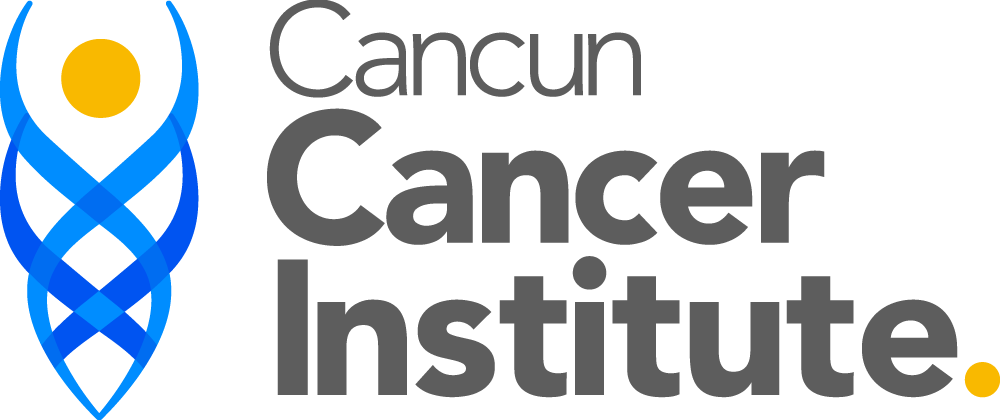WHAT IS RADIO-ONCOLOGY?
It is a cancer treatment that uses high-energy particles or waves, such as X-rays, gamma rays, electron or proton rays, to kill or kill cancer cells.
WHAT IS IT FOR?
Radiation therapy works to attack as many cancer cells as possible with the least damage to the healthy tissue around the tumor. It is used to treat cancer of the breast, prostate, head and neck, bladder, lung, Hodgkin’s disease, among others.
HOW DOES IT WORK?
It is a process that acts on the tumor, gradually destroying malignant cells, preventing the tumor from growing and invading other tissues. Healthy tissues around the tumor will receive low doses of radiation, but these tissues can be efficiently repaired.
WHEN IS IT REQUIRED?
Radiation therapy is one of the pillars of cancer treatment. It can be administered before or after cancer surgery, and it can also be administered before, after, or during chemotherapy. Unlike chemotherapy, the effects of both beneficial and secondary radiation therapy occur only on the treated part of the body.
WHO ADMINISTS IT?
It is administered by a multidisciplinary team of health professionals: Radio-Oncologist, Medical Physicist, Radiotherapist Technician and a specialized nurse. The Linear Accelerator that we use to give radiotherapy is a state-of-the-art Elekta equipment and is the only one of its kind in southeastern Mexico.
TREATMENT PLANNING.
Once our multidisciplinary team of oncologists determines that you should receive radiation therapy, it will be necessary to accurately locate the area to be treated. This process is called simulation and occurs a few days before radiation therapy begins. Simulation consists of taking several images with the use of a tomograph.
HOW LONG IS THE SESSION?
The treatment itself takes only a few minutes. But each session can last between 15 to 30 minutes due to the time it takes to prepare the equipment and place the patient in the correct and precise position to receive the prescribed radiotherapy dose.
EFFECTS OF RADIATION.
Side effects vary from person to person, and will depend on the radiation dose as well as the body receiving the treatment. Thanks to the modern techniques provided by our team, the side effects are much less. The radiotherapy staff will inform you and indicate the necessary care.
WILL I EMIT RADIATION AFTER THE SESSION?
External beam radiation affects a group of cells in your body in just a moment. You will not emit radiation at any time during or after treatment. You can live with other people just as you always have, children, pregnant women, adults.
IF MY CANCER COMES BACK … IS IT POSSIBLE THAT I CAN BE OFFERED RADIOTHERAPY AGAIN?
There are limits to the amount of radiation a person can receive in their lifetime. Doctors are informed about the amount of radiation that healthy parts of the body can receive without danger of causing irreversible damage. They use this information to help them decide how much radiation to administer and at what point this radiation should be directed during treatment. If any part of your body has received radiation before, it may not be possible for you to receive radiation in that part a second time.
POST-RADIATION CARE.
For a time after treatment, you will need to continue some of the special care that you had during treatment, even you may need to change some of your routines permanently, not because it poses a risk to the treatment outcome, but because it is in your best interest. for your general health.
For more information and / or to contact the specialist, visit the website: www.cancunoncologycenter.com
